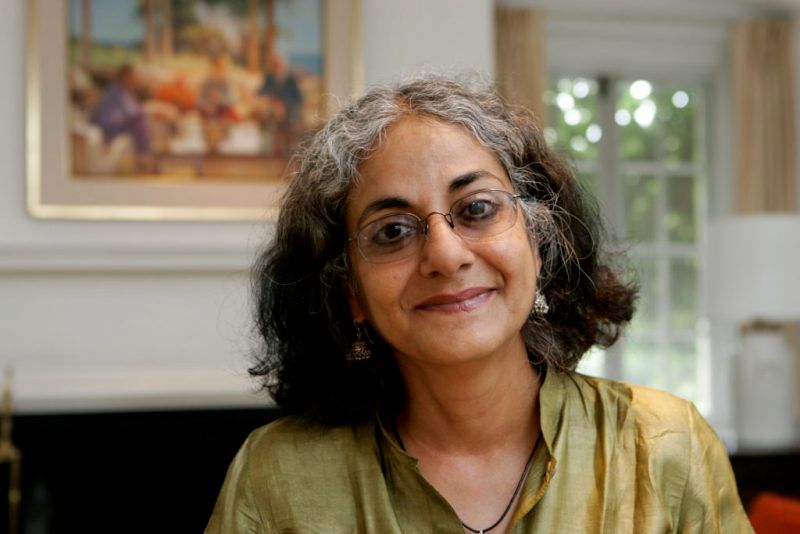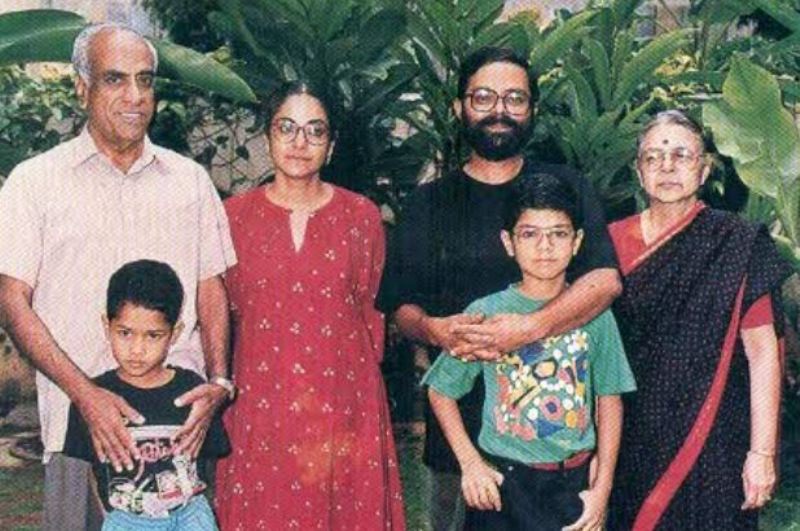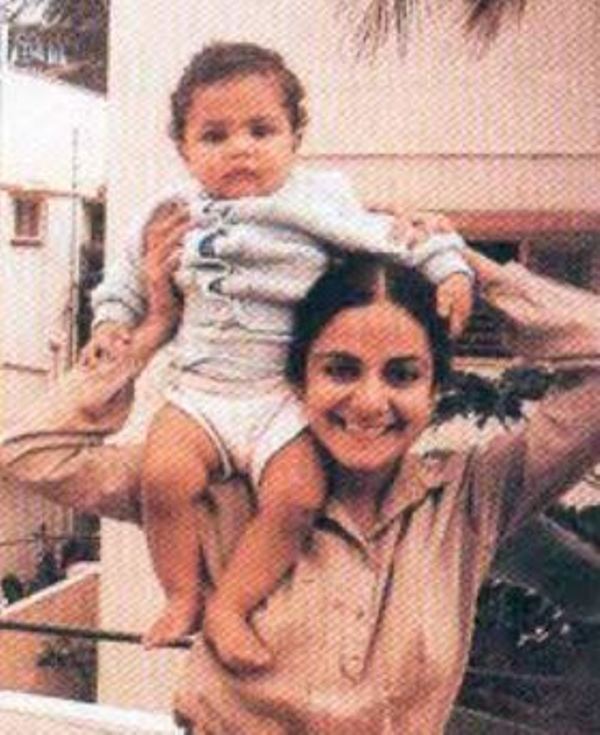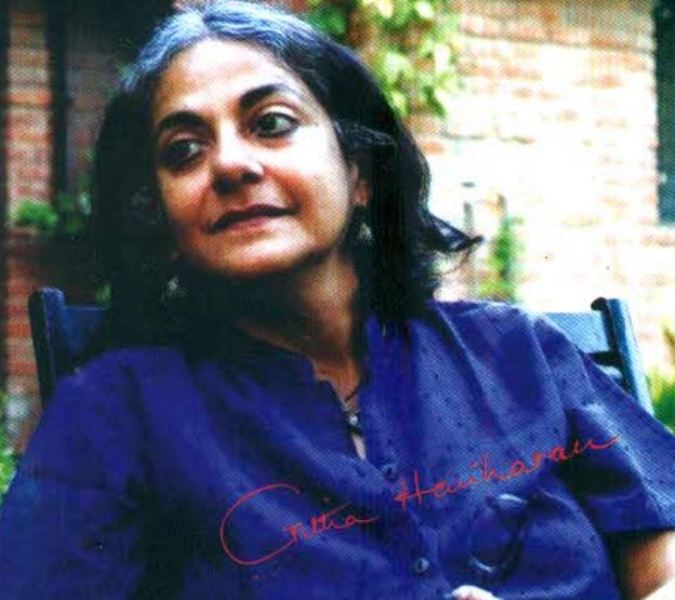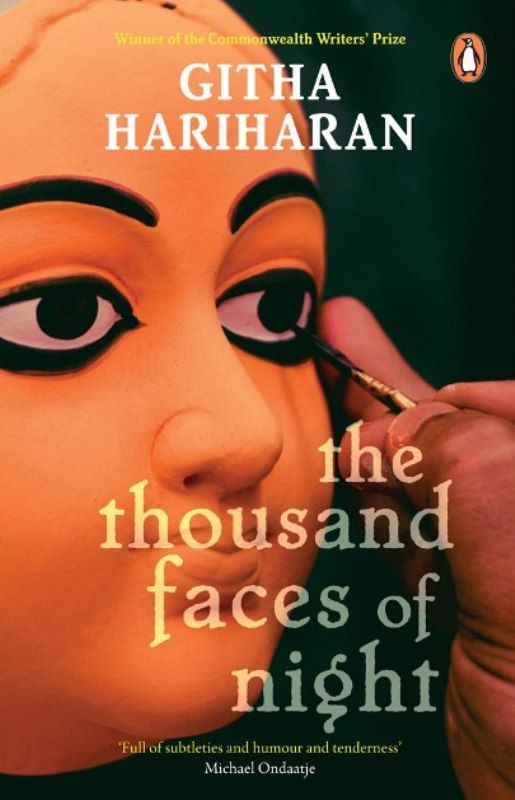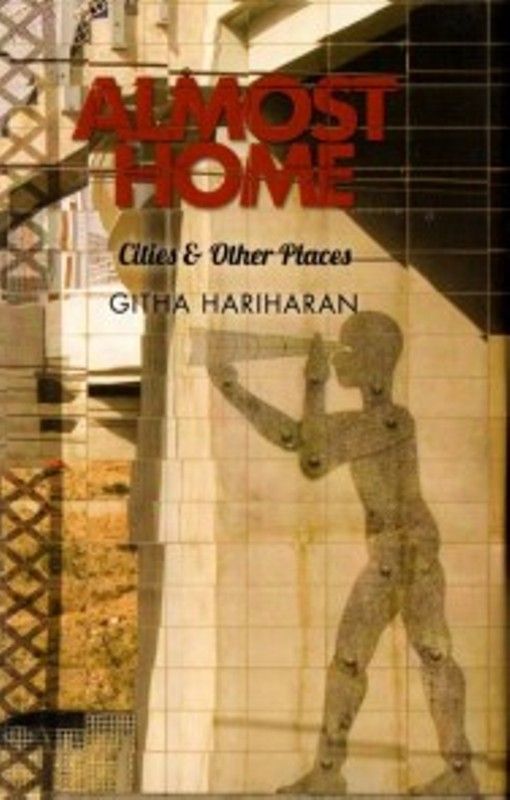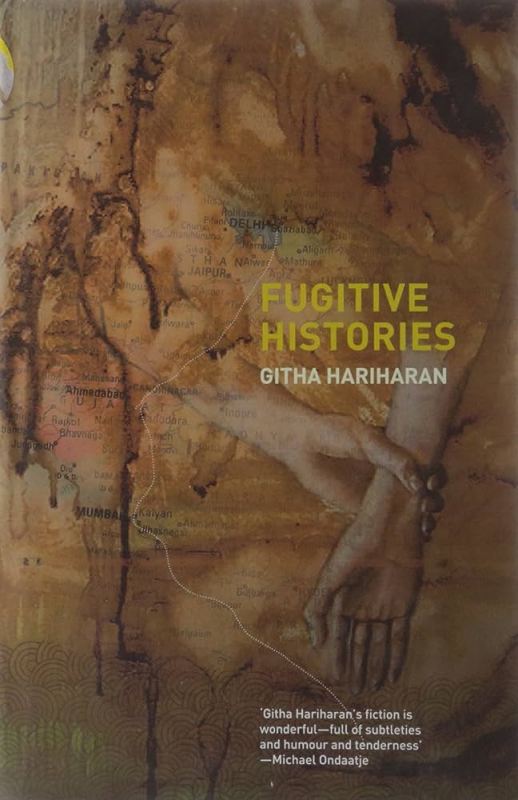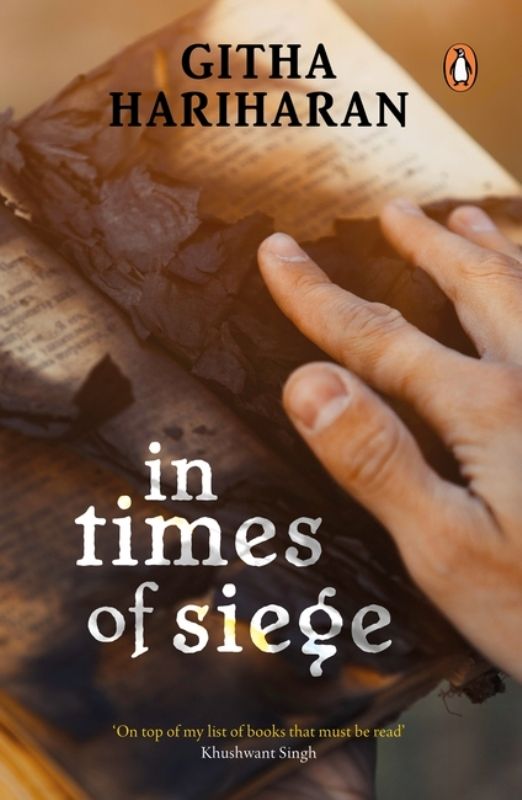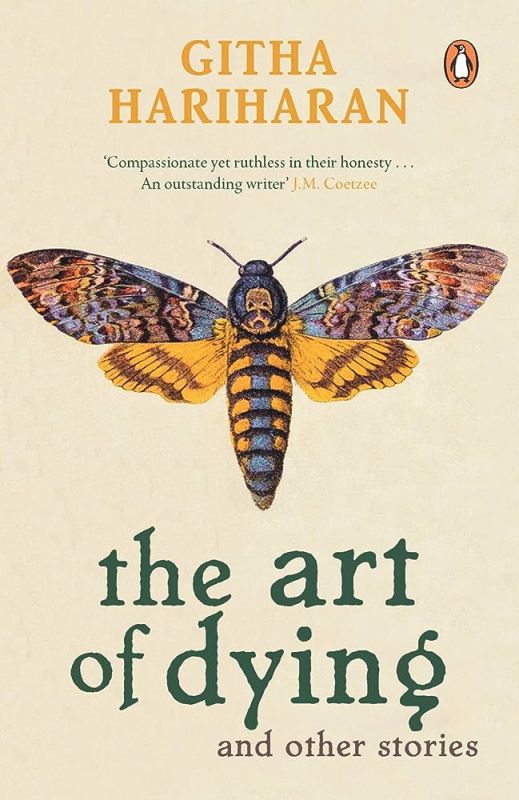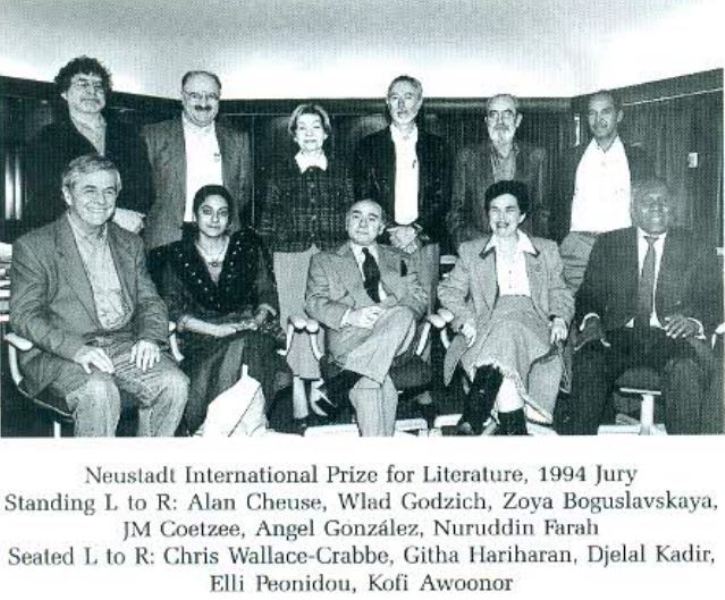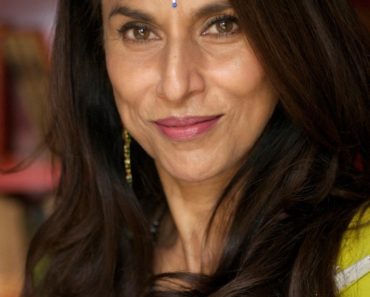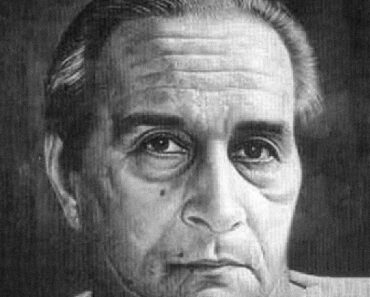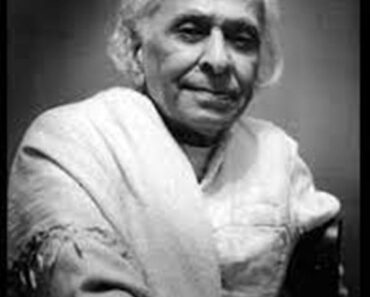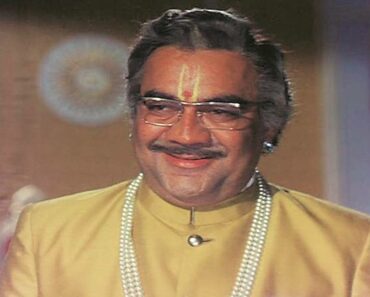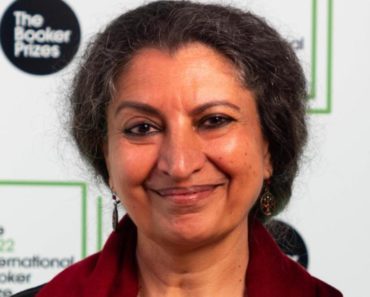Githa Hariharan (born 1954) is an Indian writer and editor. She belongs to the second generation of postcolonial women writers like Shashi Deshpande, Arundhati Roy, Manju Kapur, and Anita Nair who contribute to producing a structure of Indian literature that is inclined towards feminist ideology and social issues. Her highly acclaimed works include the novels The Ghosts of Vasu Master (1994), When Dreams Travel (1999), In Times of Siege (2003), Fugitive Histories (2009), I Have Become the Tide (2019), the short story collection entitled The Art of Dying (1993), and a collection of essays Almost Home: Cities and Other Places (2014).
Wiki/Biography
Githa Hariharan was born in 1954 (age 69 in 2023) in Coimbatore in the southern state of Tamilnadu, India. She grew up in Bombay and in Manila and has studied Carnatic music as well. In 1974, she attained her B.A. degree in English Literature from Bombay University. She gained a Master of Arts degree in Communications from the Graduate School of Corporate and Political Communication, Fairfield University, Connecticut.
Family & Caste
She belongs to a Tamil Brahmin family.
Parents & Siblings
Her father, PS Hariharan, was a journalist for the Times of India. He was also a founder and publisher of The Economic Times. He served The Times of India from the age of 18 and left as a financial editor. In 1961, he moved to The Economic Times as the first editor. On 12 October 2019, he passed away after a long-term illness. [1]The Economic Times. Githa Hariharan had two siblings.
Husband & Children
Githa Hariharan got married to DR. Mohan Ram in 1982. She was blessed with two sons, Nishad, who was born in 1981, and Rishab Bailey, who was born in July 1984.
Signature/Autograph
Career
From 1979 until 1984, Githa Hariharan worked as an editor at Orient Longman’s offices in Mumbai, Chennai, and New Delhi. She held a freelance editing position from 1985 to 2005. At Dartmouth College, George Washington University, the University of Kent, Nanyang Technological University, Jamia Millia Islamia, and Goa University, Githa Hariharan has taught as a visiting professor. In addition, Hariharan is a founding member of the Indian Writers’ Forum. Her works include The Art of Dying (1993), The Ghosts of Vasu Master (1994), When Dreams Travel (1999), In Times of Siege (2003), Fugitive Histories (2009), I Have Become the Tide (2019), Almost Home: Cities and Other Places (2014), co-edited collection for children called Sorry, Best Friend! (1997), and so on. Her writing has been adapted into several different languages like Dutch, French, German, Greek, Italian, Spanish, Malayalam, Urdu and Vietnamese. At the University of the Witwatersrand, Johannesburg, South Africa, she acquired a writing fellowship. Githa Hariharan was a consultant editor for the Guftugu Collection.
Author
- The Thousand Faces of Night, Penguin Books, 1992; Women’s Press, 1996
- The Art of Dying, Penguin Books, 1993
- The Ghosts of Vasu Master, Viking, Penguin Books India, 1994; Penguin Group, 1998
- When Dreams Travel, Picador, 1999/ Penguin Group Australia, 2008
- The Winning Team, Illustrator Taposhi Ghoshal, Rupa & Co., 2004
- In Times of Siege, Pantheon Books, 2003
- Fugitive Histories, Penguin Group, 2009
- Almost Home, Restless Books, 2014
- I Have Become the Tide, Simon and Schuster India, 2019
Editor
- A Southern Harvest, Kath, 1993
- Sorry, Best Friend!, Illustrated Ranjan De, Tulika Publishers, 1997
- Battling for India: A Citizen’s Reader, Speaking co-editor Salim Yusufji, 2019
Awards, Honours, Achievements
- In 1993, her first novel, The Thousand Faces of Night, won the Commonwealth Writers’ Prize for the best first novel.
- Three of her novels have been nominated for the Booker Prize.
- The novel written by Githa Hariharan titled In Times of Siege (2003) was shortlisted for the Commonwealth Writers’ Prize.
Facts/Trivia
- In December of 1984, the petitioners applied jointly to the Reserve Bank of India (RBI) for a 9% Relief Bond to be held in the name of her minor son for Rs. 20,000. The petitioner, the mother of the child, applied to be the natural guardian. The Reserve Bank of India returned the application of Ms. Githa Hariharan asking the couple either to produce the application form with the father of the child as the domestic guardian or with a certificate from a competent authority in favour of the mother’s guardianship. In 1995, with the help of Indira Jaising and the Lawyers Collective, Githa Hariharan challenged the Hindu Minority and Guardianship Act to have Section 6(a) of The Hindu Minority and Guardianship Act (HMG), 1956 and Section 19(b) of The Guardian and Wards Act (GW), 1890 declared unconstitutional filed a petition on the grounds of being violative of Articles 14 and 15 of the Indian Constitution. The Supreme Court stated that,
the father cannot be ascribed to have a preferential right over the mother in the matter of guardianship”
- In an interview, Githa Hariharan talked about her petition in the court regarding a mother being the ‘natural’ guardian of a child. She stated,
It’s difficult to separate the woman and the writer and the citizen in you. Personally, it was very important for me to challenge this: imagine being told you are not the “natural” guardian of the children you have borne – and that too in a society that places such a high premium on motherhood! But the important thing to remember is that all the personal laws in India are anti-women, anti-lower castes, anti-anyone who was marginal to the scheme of things when these traditional laws were formulated.”
- In 2014, Githa Hariharan’s edited volume of nonfiction essays From India to Palestine: Essays in Solidarity was published. She included articles by herself, Meena Alexander, Aijaz Ahmad, Ritu Menon and Nayantara Sehgal it.
- In an interview, she called herself a feminist and said,
Am I a writer particularly concerned with “women’s issues”? And am I a feminist? The answer to both questions is yes. I want to make it quite clear that in my life my choices have been dictated by what I perceive as the feminist choice. …And anyway, however you define yourself, all our work is informed in some way or the other by feminism, along with the ideas of Freud and Marx. And this goes for both men and women, of course. So, I am a writer who is a feminist, along with several other things!”
- She has written a monthly column for many years in The Telegraph, Kolkata, on various cultural, political and social aspects. over the years, she has been a cultural commentator through her writings and activism.
References
| ↑1 | The Economic Times |
|---|

